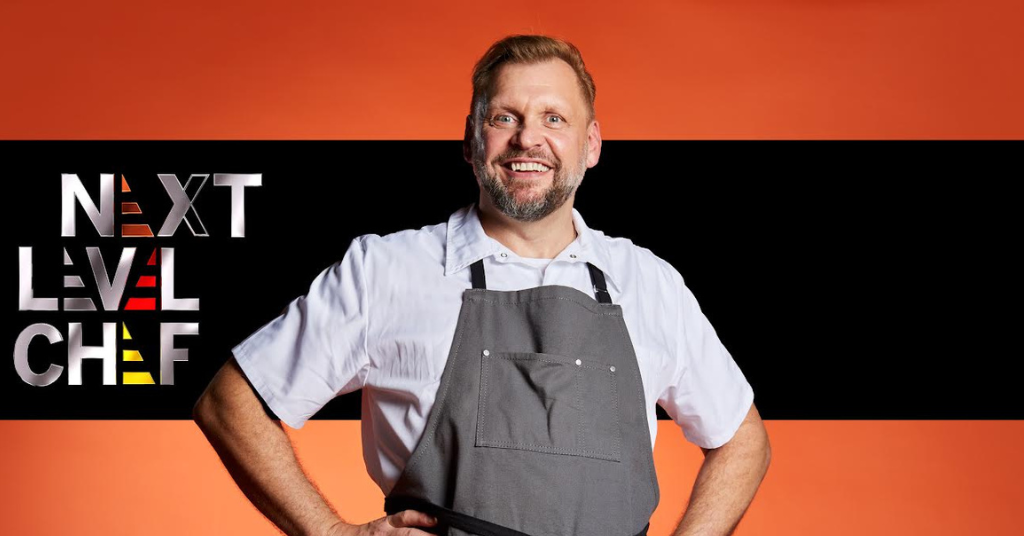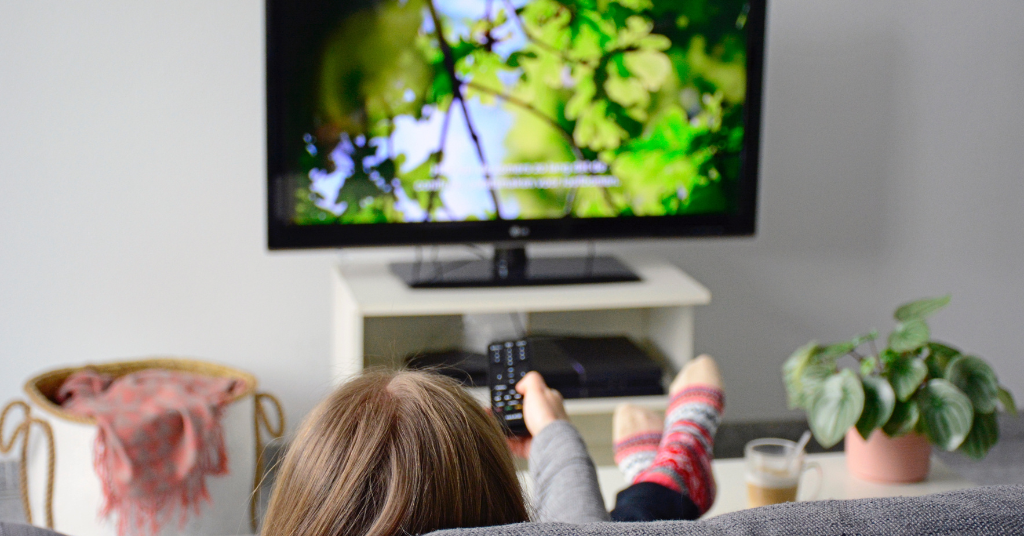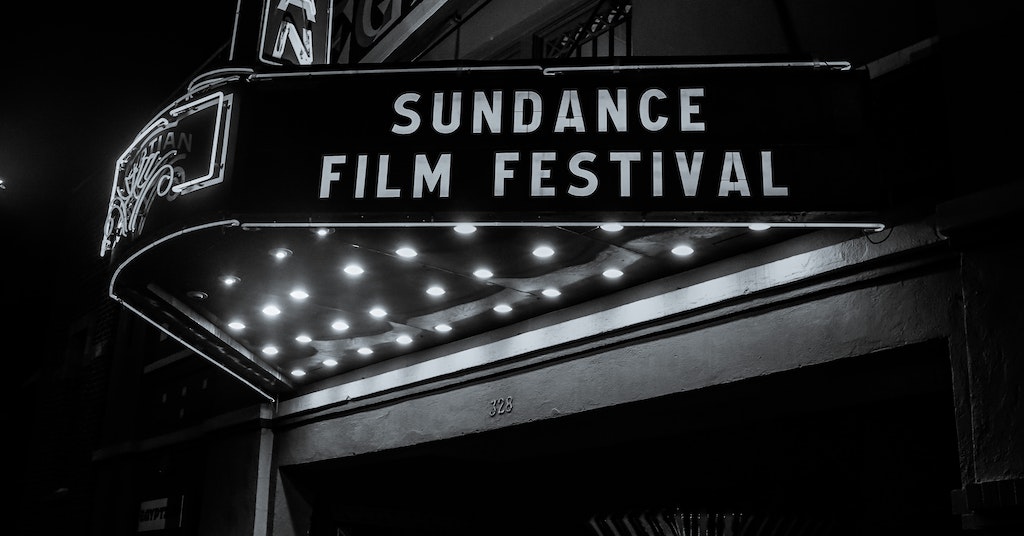
A year on my hearing loss journey
February 19, 2018
Adventures in South Africa with hearing loss!
February 21, 2018Review: ‘This Close’ sparks important discussions on complexities of deafness

Colt Prattes as Ryan, Josh Feldman as Michael - ThisClose _ Season 1, Episode 5 - Photo Credit: Gunther Campine/SundanceNow
“This Close,” the first Hollywood TV series to have deaf writers, producers,and creators, is setting a bar for future shows to reach in terms of representation.
The show, which debuted on Sundance Now last week, is breaking the mold for mainstream TV, by having deaf actors, but not focusing on that part of their identity. While showing a wholesome perspective on the life of a deaf or hard of hearing the person, it expands a commonly narrow perspective by allowing the actors to have complex identities.
That in itself a huge step in spreading deaf and hard of hearing awareness. After each episode of This Close, there is an additional discussion episode called, “Now The Discussion: This Close“. The participants in these discussion episodes are actors, Josh Castille, Michael Litchfield, and Karma McCain. These discussion episodes are meant for debriefing and talking about the important parts of the show.
Deafness as a filter to the show
Deaf actor Josh Castille, one of the participants in “Now The Discussion: This Close” episode one, used the perfect words to describe this show, referring to it as having a “deafness filter,” slightly touching the topic, rather than fully focusing on it.
“I think it’s a beautiful filter, ” Castille says, in the episode. “It’s like on the story and adds so much richness.”
What does he mean by a deafness filter? The series accurately shows situations deaf people face, such as what it actually sounds like to have a hearing loss (it’s not just silence), communication barriers in relationships, serious situations, such as on the plane or with law enforcement, and lack of accessibility, such as having an unqualified interpreter. While these are all important issues to bring awareness to, these issues don’t make up the whole lives of deaf people.
After watching the first two episodes, I found that it’s not the fact that the characters are deaf that makes them so relatable to someone with hearing loss. Rather, it’s the fact that their deafness is just one part of their identity. The viewer is taken through their daily lives where we see their relationships, careers, and friendships, along with the miscommunications, misconceptions, and struggles of dealing with “hearing privilege.” By doing this, the show gets a deeper layer of a relatable storyline.
Writer, creator and producer of the show, Shoshannah Stern, explains this to “Entertainment Tonight.”
“I think once you focus on misconceptions, the story becomes very specific,” she says. “And then it’s very easy for characters to become one-dimensional. People are very rarely just one thing, and we didn’t want to create characters that didn’t feel like people.”
During an interview on the “Now The Discussion: This Close” episode one, Stern brings up a beautiful way of looking at our diverse world.
“I don’t think there’s such a thing as a hearing world or a deaf world or a man’s world versus a woman’s world,” she says. “There’s one world, we just have different ways of looking at it. So with this show, we wanted to show the same world we’re all familiar with but from a different way of looking at it.”
Deafness is not the whole story, but it is amazing to see it accurately represented.
Creating representation
Representation, says Josh Feldman, the other writer, creator, and producer of the show, is the reason why he worked on the show. He joined in “Now The Discussion: This Close” episode 1, explaining his work.
“I feel like everyone in this world should be able to see themselves on TV or in movies, everyone, no matter what you look like, no matter who you love, that you have to be able to see yourself,” he says. “And I know for me as a Deaf, gay man, growing up I never saw myself on the screen. And that definitely impacted how I lived my life for a long time because I couldn’t see myself in TV or in movies. That’s why this project is so important to me.”
Sparking an important discussion
“This Close” is bringing to light the diversity that is painfully missing from television and movie media. Not only is the show bringing it through its episodes, but also through the discussion episodes that take place afterward. Talking about what we are seeing in this show is important in order to spread awareness about being deaf or hard of hearing and its representation in the media.
In the Now The Discussion: This Close episode two, the group discusses a scene in the show where the main character Kate is upset about an actor disability panel she was a part of that focused on discussions about the actors overcoming their disabilities. She was disappointed that the panel was not leading to direct action to bring better representation to TV and movies. This sparks the topic of hiring #deaftalent and other disabled actors in the second discussion.
Read more: #DeafTalent: Q&A with filmmaker Jules Dameron
Castille couldn’t have stated his opinion in any better way. With passion, not to be confused with anger, he explains how he feels about representation in media.
“You need to give opportunities to people, give the same opportunities to new actors to able and disable body actors,” he says. “It’s the same thing, acting is acting and we can bring unique truth to that and each actor can. We’re telling the story, we’re exposing the audience to that experience for the first time. So this is the first time that people really see a deaf person or really see a person in a wheelchair. Wow, that’s a huge step for us and what if the actor themselves doesn’t portray it fully? Which means that there are more misconceptions, more confusion. I just feel so sticky about that, It’s important to keep talking about this and I really appreciate you guys listening to what I have to say and really respecting me.”
“Wow, that’s a huge step for us and what if the actor themselves doesn’t portray it fully? Which means that there are more misconceptions, more confusion.”
As Felman says, having these conversations are important in order for change to happen. This show is a great way to spark that discussion. Rather than telling the media to hire more disabled bodied actors, this show speaks for itself and shows why the industry needs to act.
“Tell the story you want to tell, not the story that you think people will want,” Stern says. “Tell your story… find a way to show not to tell. Because people would rather watch 7 minutes of something than to read 7 pages of anything.”
“Tell the story you want to tell, not the story that you think people will want.”
Tell your story, or better yet show your story, he says. The power of storytelling is a beautiful thing.
You can watch the show, “This Close,” on Sundance Now.



